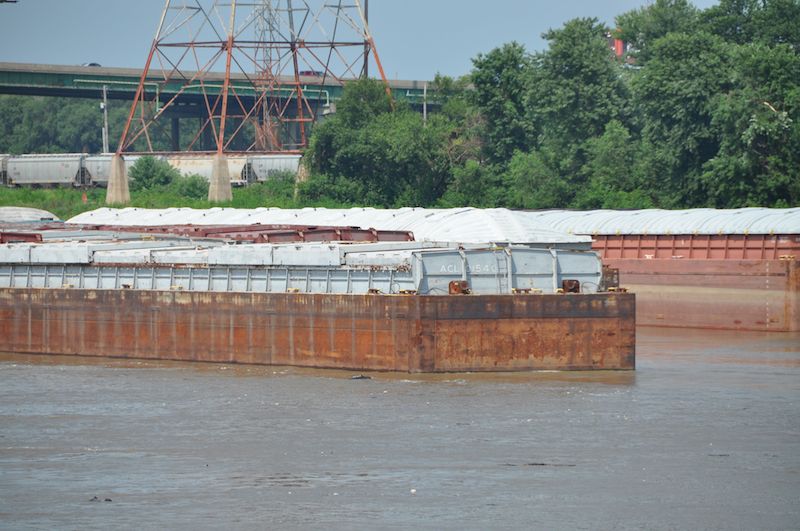Campbell Transportation Company Inc., Houston, Pa., has signed an agreement with American Commercial Barge Line LLC to acquire certain contracts along with 155 barges and four towboats that will operate on the Ohio River system.
Once the purchase is complete by the end of June, Campbell will own and/or manage over 1,100 barges and 50 towboats on the inland waterways, along with four shipyard facilities and a marine construction company. Campbell said the company moves over 60 million tons of product annually.
The barging industry is in a down cycle at the moment, but Campbell has found some opportunities to grow.
The company had built its barging business hauling coal, and up until a few years ago that accounted for about 80% of Campbell’s business. Anticipating demand would continue to decline, as coal-fired utilities closed, natural gas remained cheap and environmental regulations took hold, the company launched a multifaceted plan to diversify its services away from this shrinking market.
It got into the grain and liquid markets, moved into new geographic areas, provided crane and construction services, offered barge cleaning and repairs, and expanded from running towboats to building them.
It has also begun to offer consulting and compliance services for the new federal Subchapter M towboat regulations, and overhauled its accounting and operational systems, according to CEO Peter Stephaich.
That diversification plan has started to pay off, he said in an interview. Measures taken to add new business lines and tighten up the financials have enabled the company to make this acquisition.
“We hadn’t bought any new equipment in five-six years. We were keeping our powder dry while strengthening our balance sheet,” Stephaich said. “That allowed us to do a deal like this. We are essentially building a platform for the future.”
Campbell is buying a total of five identical towboats — four from ACBL and another, the Norman L. Snodgrass, that has already been purchased from AEP River Operations. All were built in 1995 by Jeffboat and are “very good quality boats from an age and technical perspective, well-suited to move liquids on the Ohio River,” he said. They will work in Campbell’s third-party towing business.
The vessels will improve the average age of Campbell’s 3,000-hp and above towboat fleet, Stephaich said, and “will increase our density and frequency on the Ohio River. It improves our traffic patterns, and as a result of higher utilization, it will lower our unit costs.”
Acquiring the ACBL equipment will not add to the overcapacity of barges that is now dragging down the industry. “We’ve been very careful not to contribute to the problem,” he said, emphasizing that the ACBL barges were already working in the inland market and are not adding new capacity.




